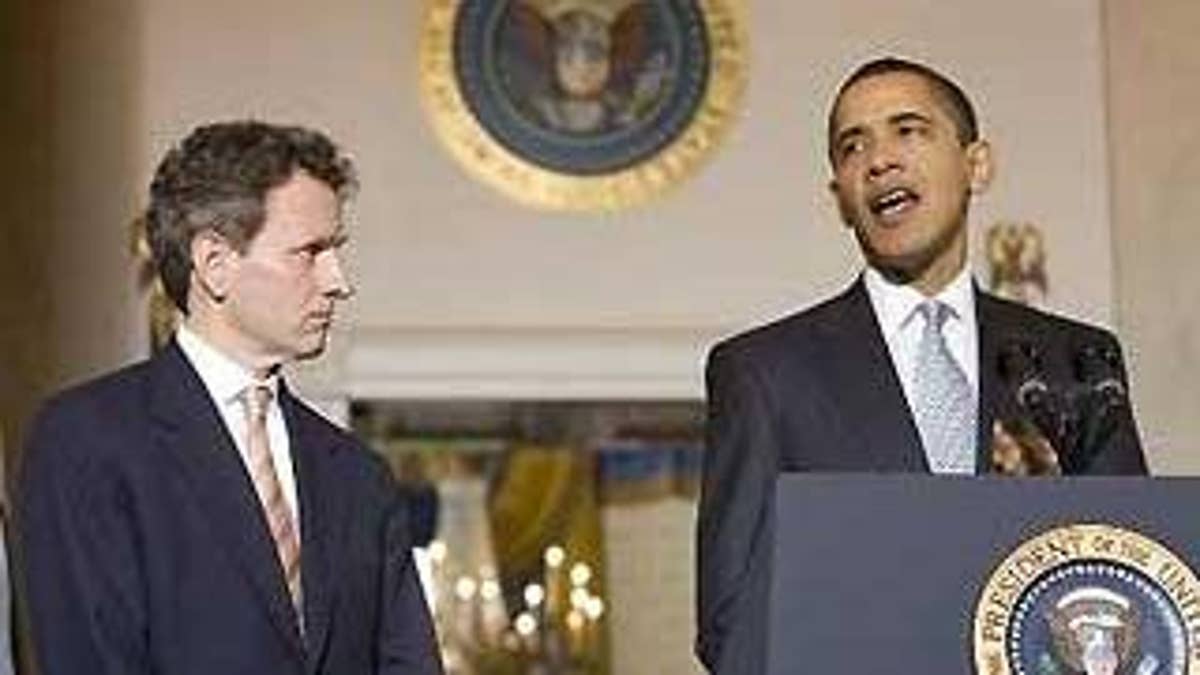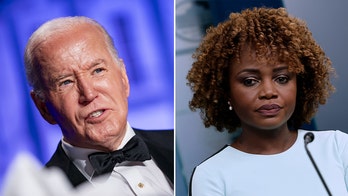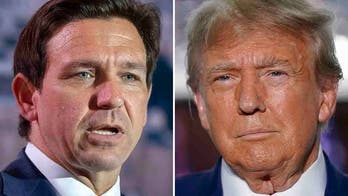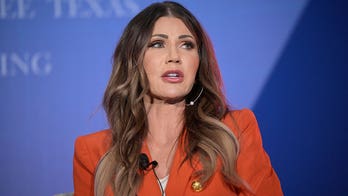
President Obama has relied on his auto task force to oversee the complex restructuring of General Motors and Chrysler, which has involved the bankruptcy of one and the prospect of the government taking majority ownership of the other.
After the auto task force rejected GM's and Chrysler's turnaround plans earlier this year, the two companies raced against a government-imposed deadline to come up with viability plans that would win approval and gain them more federal aid.
General Motors now is on the verge of bankruptcy after bondholders forced it Wednesday to withdraw a plan to swap bond debt for company stock. The government, which has already provided $19 billion in loans to GM, could take a 70 percent stake in the company.
Chrysler, which has received $5.8 billion in federal aid, disclosed in bankruptcy court this month its plan to close about a quarter of its 3,200 U.S. dealerships by June 9. Chrysler also plans to close eight manufacturing plants, part of its work to shed assets, debt and contracts and shift its good assets to Italian automaker Fiat.
The direction gone is a far afield from the rosy scenario imagined by the president when he introduced his task force in February. Now, with two of the Big Three automakers on the brink of oblivion, lawmakers -- including some who approved diverting funds from the Troubled Asset Relief Program for banks for use by GM and Chrysler -- are starting to raise doubts about the overseers of the restructuring.
"Who is this auto task force and who do they represent? They certainly don't represent workers in America. They don't represent investors, they don't represent dealerships they represent various Wall Street interests," said Rep. Dennis Kucinich, D-Ohio.
The combined total of auto industry experience the 24-member task force brings to the bailout negotiations equals zero, and some don't drive at all, note critics.
"Of course we know that nobody on the task force has any experience in the auto business, and we heard at the hearing many of them don't even own cars. And they're dictating the auto industry for our future? What's wrong with this picture?" asked Rep. Louie Gohmert, R-Texas.
Thirty-six members of Congress from both sides of the aisle told the White House last week they are troubled by the work of the Auto Task Force. The lawmakers' concerns range from exploiting auto workers to laying off dealership employees.
"Decisions being made by the Auto Task Force and in the bankruptcy proceedings in New York are more than troubling," the group, which includes Kucinich and Gohmert, wrote in a letter to Obama.
The lawmakers -- wary of shuttered car dealerships, job losses and the big unknown of a GM bankruptcy -- implored the Obama administration to slow down the restructuring process.
"Basically the task force is moving too quickly and there's kind of a double standard," a senior congressional aide told FOXNews.com. "We'll do anything to bail out the banks, but we're saying to the automobile industry you can fail. ... The people who are on (the task force) are financial guys. These aren't car guys."
The task force, headed by investment banker Steven Rattner, is comprised of Cabinet members and Obama administration officials who have extensive backgrounds in finance. They include Transportation Secretary Ray LaHood, Commerce Secretary Gary Locke, Energy Secretary Steven Chu, Labor Secretary Hilda Solis, Office of Management and Budget Director Peter Orszag and Environmental Protection Agency Administrator Lisa Jackson.
Bruce Belzowski, a professor at the University of Michigan and an auto expert, said despite their formidable resumes, the task force members started off behind the curve.
"They didn't understand the complexities of designing, developing, manufacturing and selling vehicles," said Belzowski, who was among the automotive experts consulted by the Government Accountability Office for a study on the auto bailout in April.
Belzowksi said he believes the group's lack of automotive experience is not a disadvantage.
"If they need help, they're making phone calls," he said. "They seem to be making rational decisions up to this point."
The Treasury Department did not return repeated messages from FOXNews.com seeking comment. However, White House Press Secretary Robert Gibbs told reporters Wednesday that without the task force, those downstream in the auto industry would be much worse off.
"If it weren't for the task force on autos and it weren't for the president's intervention, 100 percent of those dealerships would be gone; 100 percent of those plants would be closed," he said.
But William Niskanen, chairman emeritus and senior economist at the Cato Institute who was also consulted by the GAO on its study, said it would be pointless to include people with automotive experience on the task force because the Obama administration is only concerned with its agenda.
"I think that the (GAO) made a valiant effort to address the serious problems" of the auto industry, Niskanen said. "But it never had any significant attention because it was bypassed" by the Auto Task Force, which moved with lightning speed and no oversight.
Rep. Thaddeus McCotter, R-Mich., said unless Congress can regain some control of the discussion, the task force is never going to have accountability.
"As a Congress, what we need to do is stop the Wall Street bailout's ability for the government to operate a sovereign wealth fund without any real accountability or control by the United States Congress, the accountable branch of the government that is supposed to spend the money," he said, adding that he wants the House to be responsible for all spending bills.




